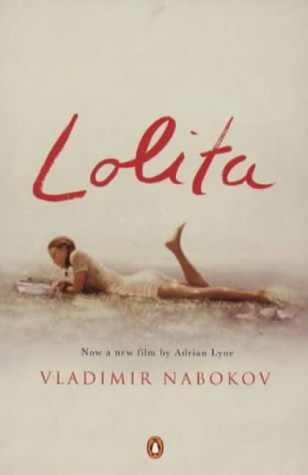
Twice is nice. Reading "Lolita" for a second time should be, I imagine, a second chance to be a detective-- a detective with the assistance of moderate foresight! Now that I know "who did it" I can search back through the pages, back through the narrative of that despicable Humbert Humbert, and uncover the treasured mentions of his arch-foe, Clare Quilty. Possibly even more important than uncovering the culprit (like the one in the manila slip in a game of clue) it will be fascinating to appreciate the way Nabokov crafts the story and the reader along with it. Noticing the sultry scents that mislead the reader can be appreciated for the irresistible "try", like in a game of chess between reader and author.
Reading the story w/o annotations was quite a test of will power. At times (many, many times) I found what seemed to be a typical sentence, nothing hidden, nothing cryptic, but there would be that damned number on the side denoting some meaning or reference important to the novel. I would notice this and probe the sentence, put each word under a microscope, and realize that I had no idea what was being annotated. Like this I would trudge through the work.
The more I reflect on the phenomena of my being an English major for almost 4 years now and seemingly have learned absolutely nothing that helps me read this infuriating text I realize that this is part of reading "Lolita" and perhaps this is what Nabokov's version of didacticism is-- teasing the reader. Provoking the reader with his twists and turns, flips of the tongue and labyrinthine language he is, in fact, molding what he refers to throughout the book as the "learned reader". For the reader to grasp that he/she is missing a lot, perhaps even the bulk of what is important, teases us enough to read more, read deeper, and examine "Lolita" and other texts, under the astute microscope of a specialized scientist and playful puzzle-master. Twice is nice.
*A lovely labyrinth


No comments:
Post a Comment